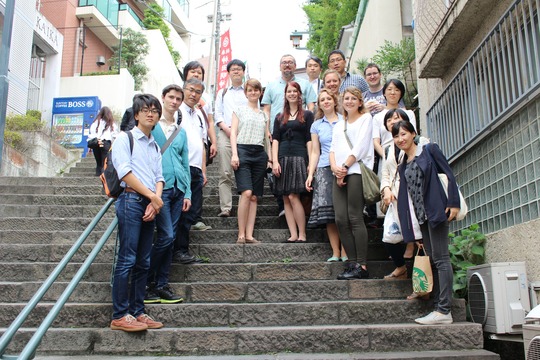
Report: FAU–Yonsei University–IHS Joint Conference “The Fate of the Fact in the post-secular Era” Wróbel Marcin
- Date:
- September 15 (Fri.) – 16 (Sat.), 2017
- Place:
- Main Conference Room (3rd Floor), Institute for Advanced Studies on Asia, The University of Tokyo
- Organized by:
- Educational Project 2, “Praxis of Coexistence in Cultural Diversity,” Integrated Human Sciences Program for Cultural Diversity, The University of Tokyo
- In Collaboration with:
- Friedrich-Alexander-Universität Erlangen-Nürnberg, Yonsei University
“The Fate of the Fact in the post-secular Era” conference was one of the few events in which I have participated this academic year, and it was very probably the one during which I gained the most. Participants from Friedrich-Alexander-Universität (FAU) and Yonsei University provided great opportunities to discuss various topics related to Asia and Europe, and I had the chance to give a presentation on the topic I want to consider for my dissertation.
The first presentations by professors Marc Matten and Kim Hang were closely related to the workshop theme, and thanks to visual aids, they were extremely easy to understand. Besides the content and academic value of their presentations, I think they have reminded me that showing slides with only text is not the way the presentations should be made, and that a little hard work can result in a great effect. I also really enjoyed two presentations: “Understanding the effect of Fukushima accident” by Kalashnikova Olena and “K-Pop and experienced national identities” by Jang Jihyun. The former was comparative research on different mass media in Japan, which clearly shows that the way facts are presented varies a lot and is strongly connected with political ideology. Therefore, although there might be little discussion on the facts, their interpretation creates numerous stories. The latter presentation also focused on recent mass media. Through the analysis of twitter comments, the presenter was able to show that national identity has a strong connection with various aspects of our lives, even for things that seem neutral at first sight, such as K-Pop. Because of this, the way we consider our identities in Asia and Europe are considerably different. It is important to think of this difference in any kind of comparative research.
Participants from Germany were either from Japanese or Chinese studies, which was my first chance to see how European students are educated in these Asian majors. I was really impressed how detailed their knowledge is. Despite long periods of residence in both China and Japan, I had only a basic understanding of the presented topics, which covered areas such as activism of Shimizu Ikutaro or the Chinese Doubting Antiquity School. My own topic, “Influence and limitations of historians’ dialogue: the case study of the Joint Polish-German History Textbook Commission” should also have been similarly intriguing for the audience, as it is not widely known. I have received very good comments regarding my criticism of German history textbooks. It made me understand that even if there is understanding and consensus between scholars on one matter, it still might not be persuasive to some other individuals. I was also asked about issues regarding history problems between Poland, Russia, and the Ukraine. With the relationship to my further research, it is certainly worthwhile to consider why dialogue is ongoing between Poland and Germany and why it is not going so smoothly in the case of Polish Eastern neighbors.
The excursion was another part of the workshop during which we were able to visit the spiritual part of the Hongo district in Tokyo. We visited the Kanda Shrine, Yushima Seido, the Jinbo-cho old book street, and the Tokyo International Manga Library of Meiji University. In the shrine, we attended a simple lecture on the essence of Shintoism. I believe one of the biggest differences between Japanese religion and others is that the concept of a “god” is very different. Another aspect worth mentioning was regarding animism, which, in the case of Kanda Shrine, was merged with anime culture. On the old book street, I again convened with my research topic, as I was able to find old Japanese textbooks. This visit has reminded me how lucky I am to study in Tokyo with so many resources so easily available.
The conclusion of our workshop was dinner at Hoshintei, a German restaurant. At that time, professor Marc Matten introduced me to the National Institute for Compilation and Translation, located in Taiwan, which is also focusing research on the issue of textbooks. For me, the whole event was highly fruitful, and I think this experience has made my master’s thesis more professional and will help a great deal in my future scholarly activities. I am very glad I was able to take part in this workshop, and I hope that I can also continue cooperation with both FAU and Yonsei University in the future. I would also like to thank the IHS staff for their support during the workshop and excursions. I think they put on a great event, and I am look forward to more in the future.
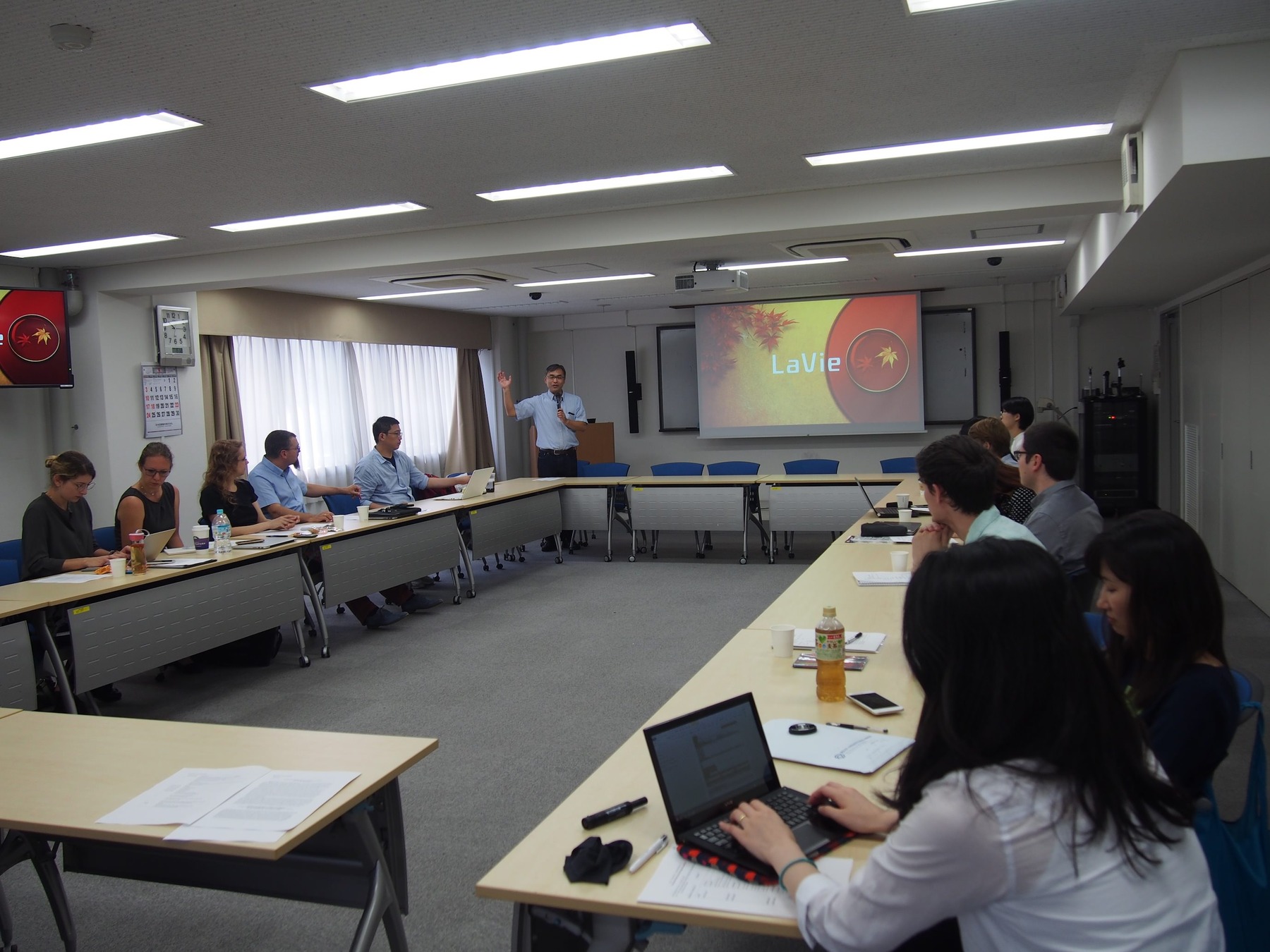
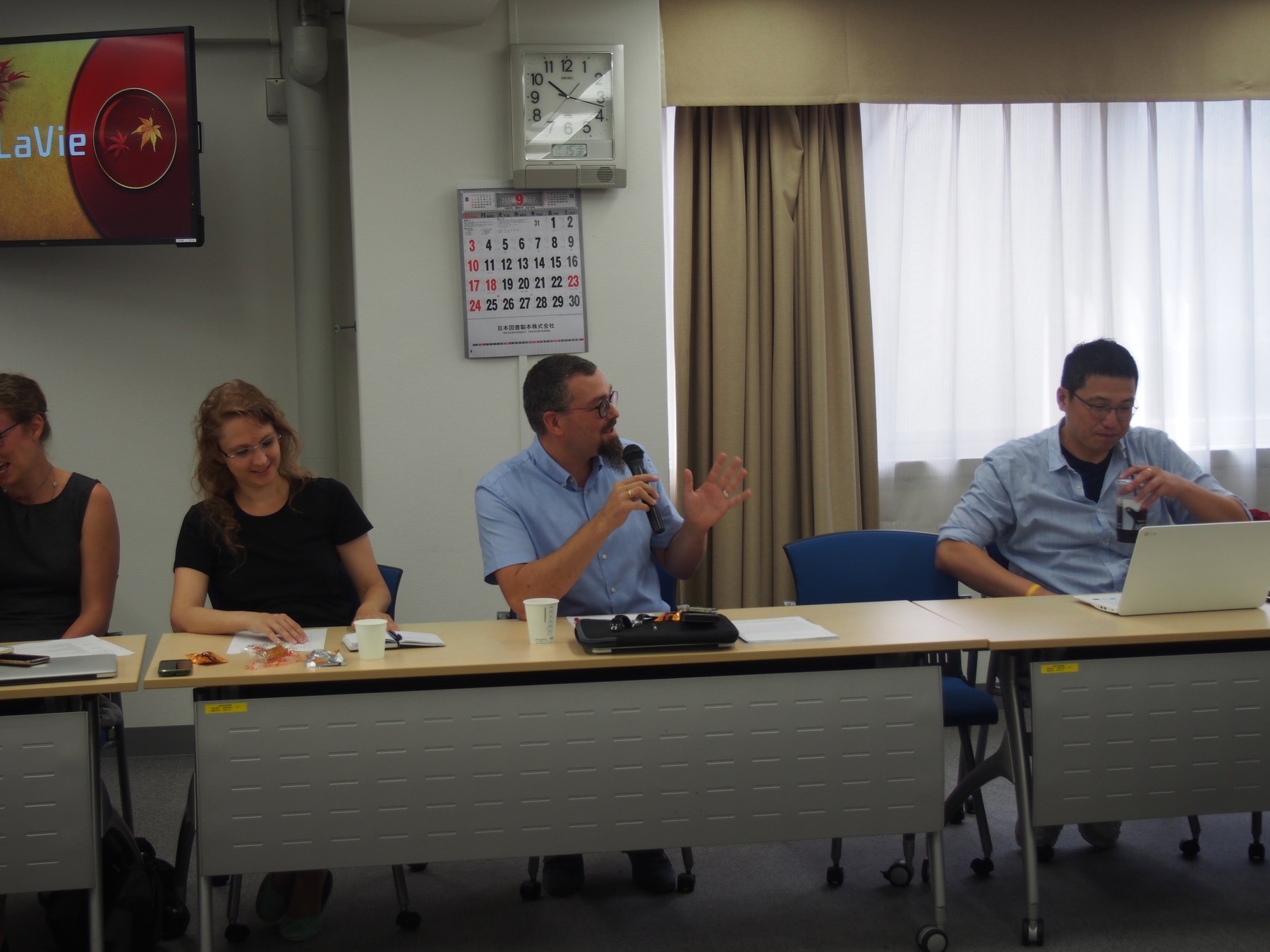
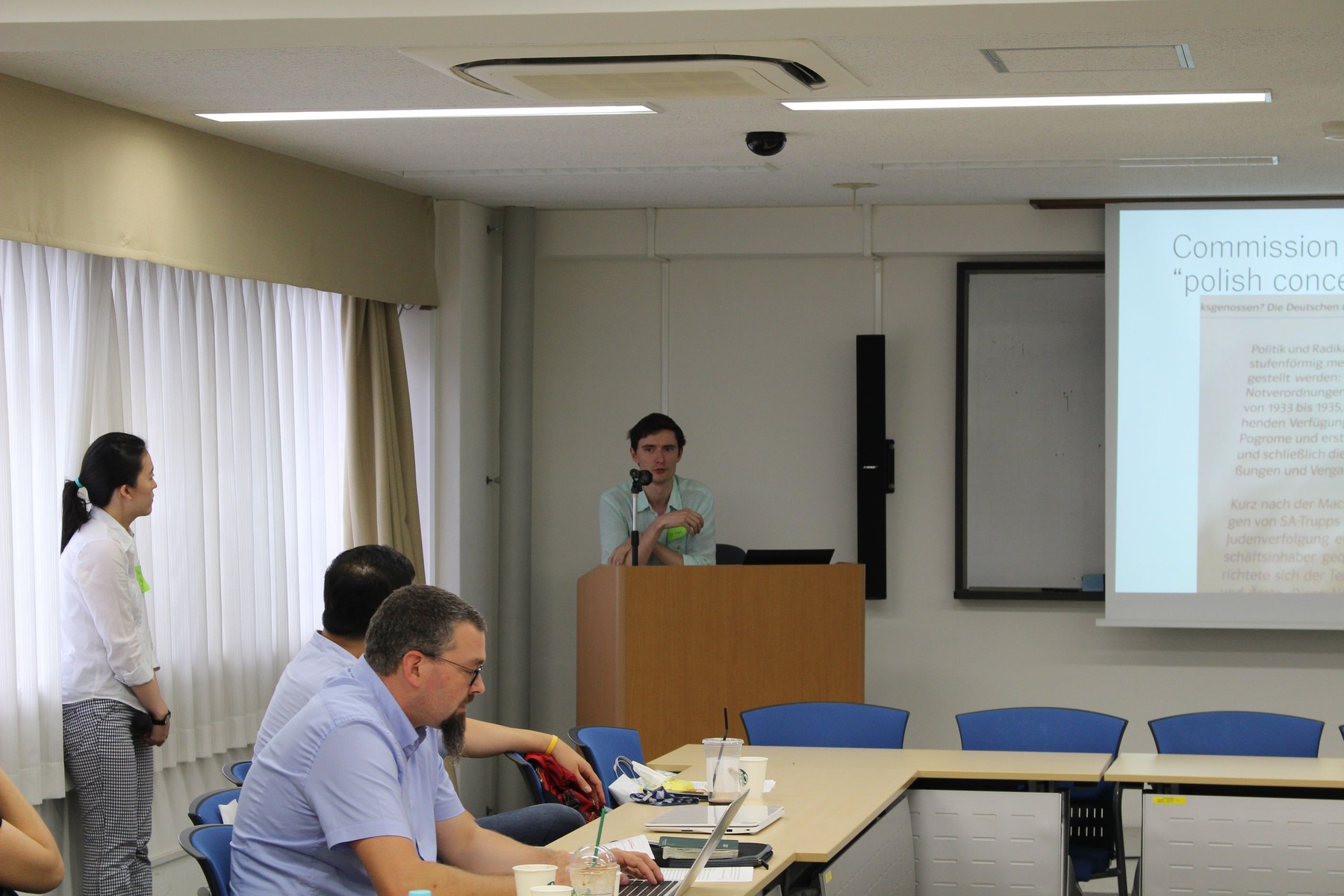
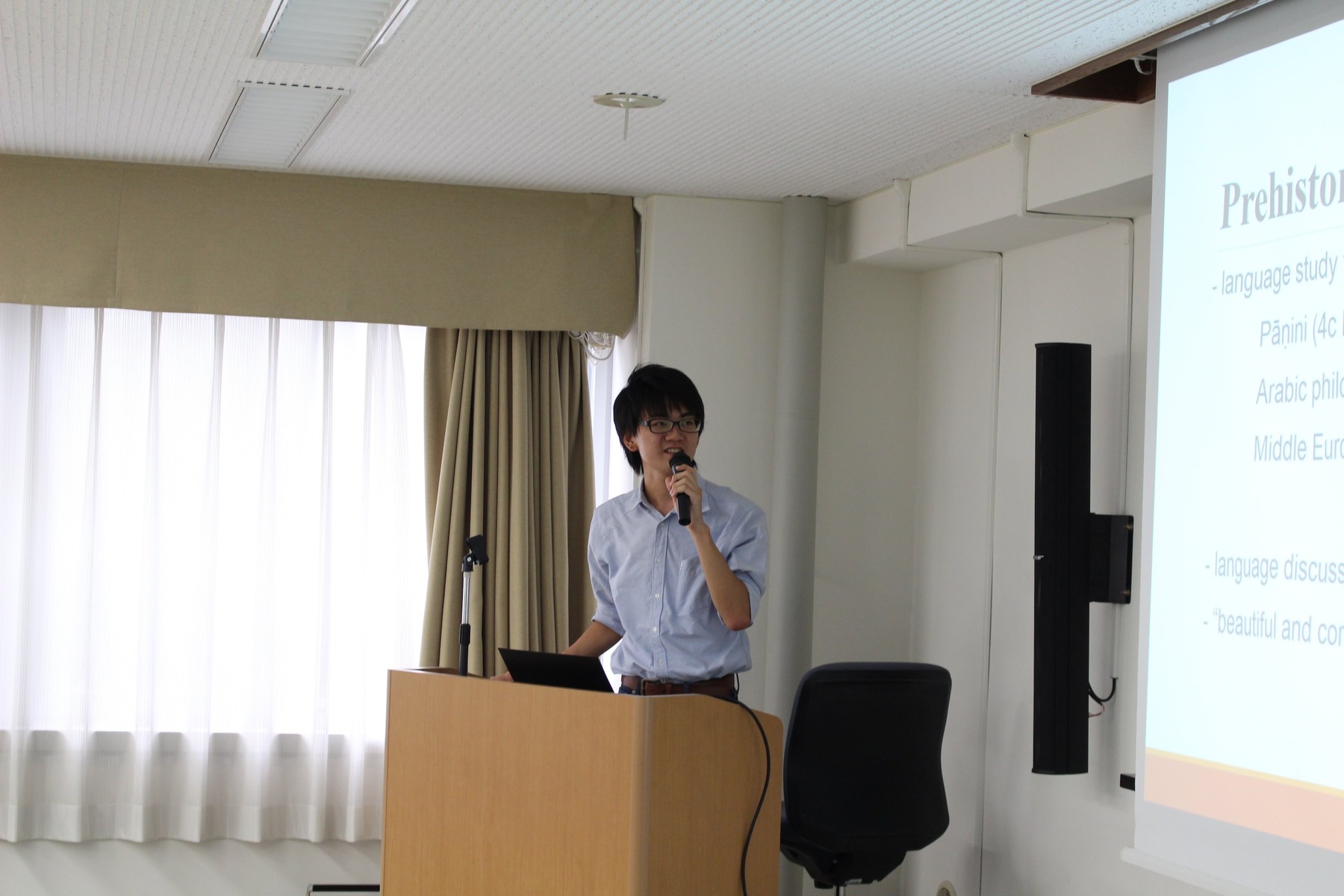
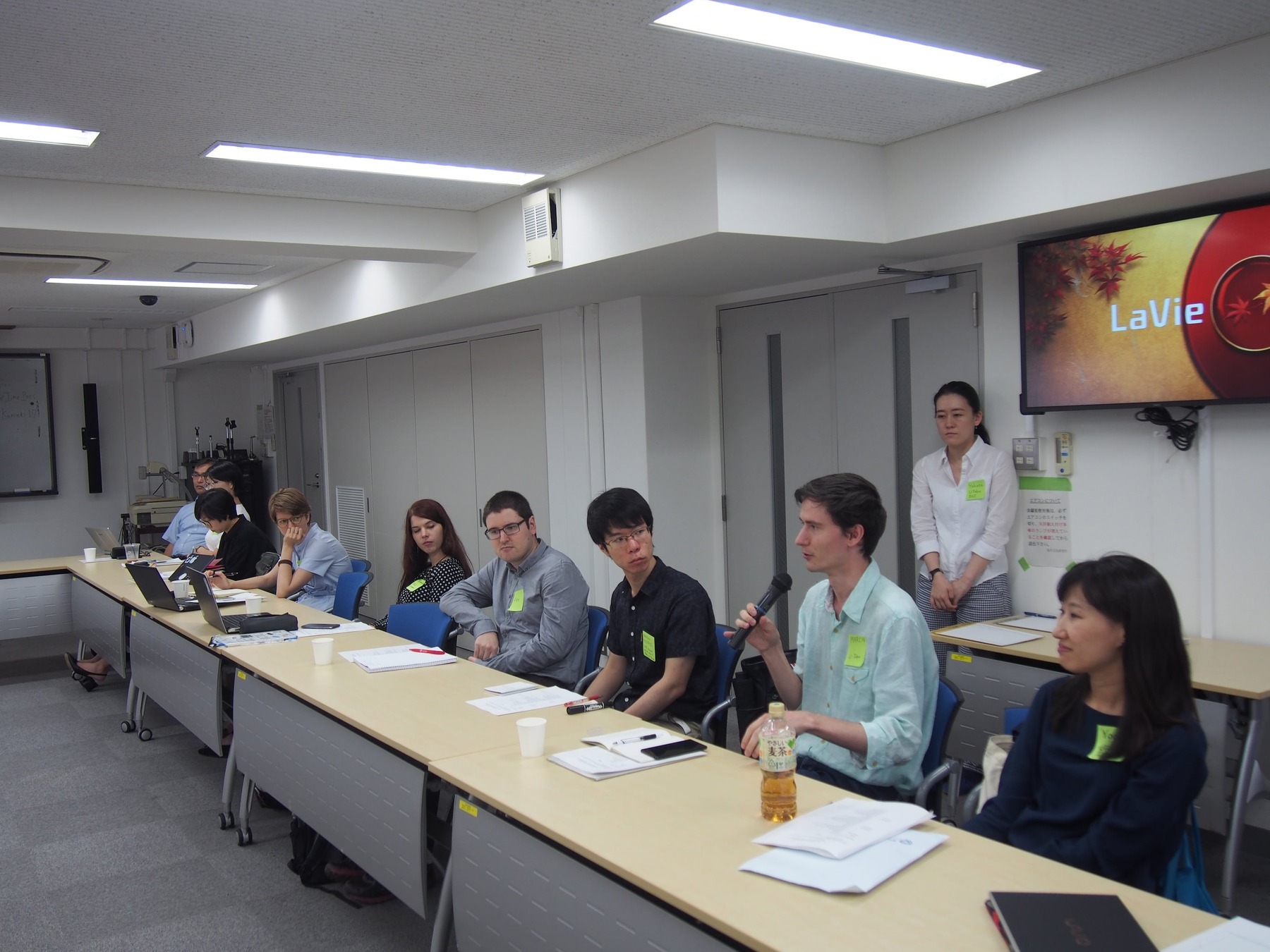
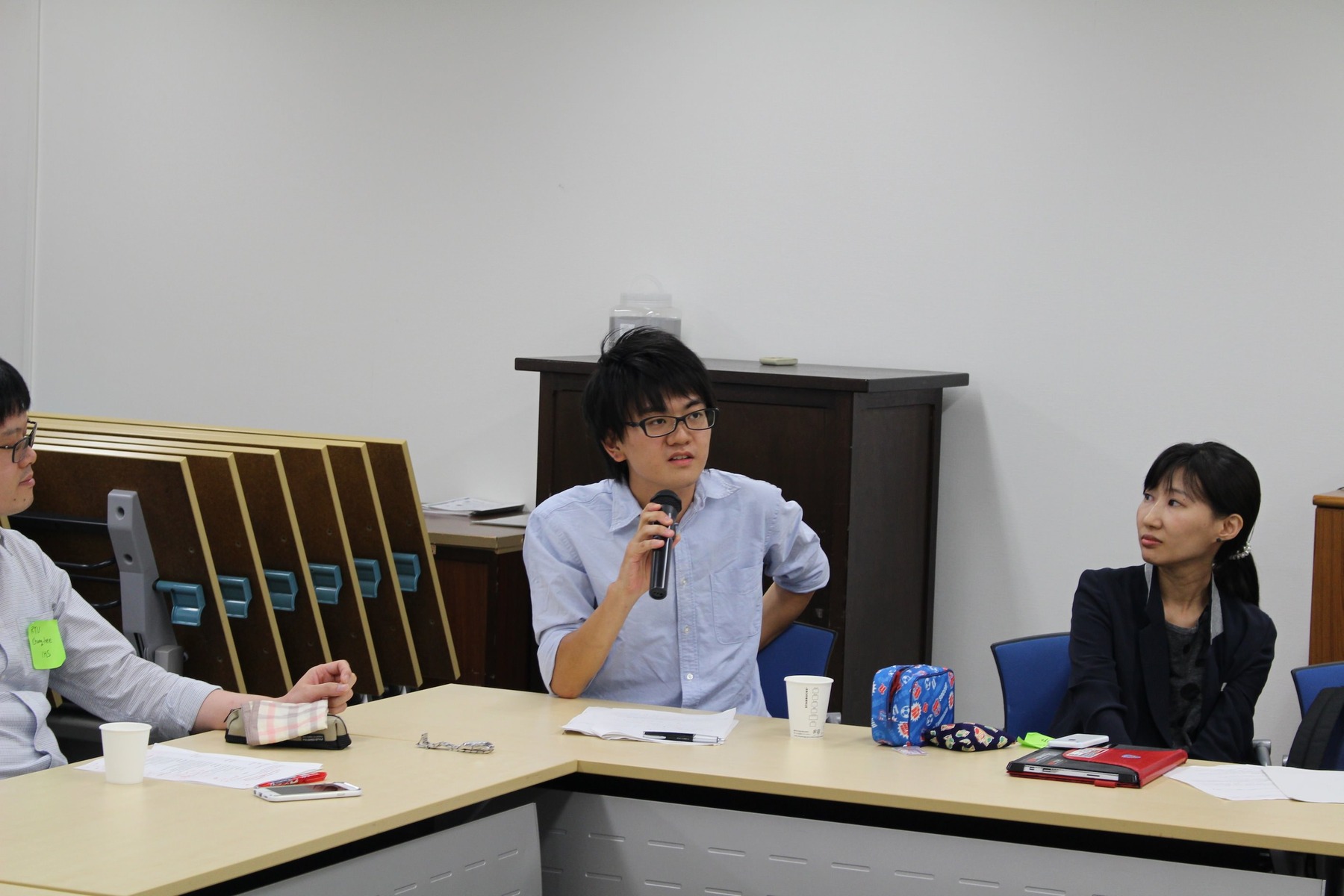
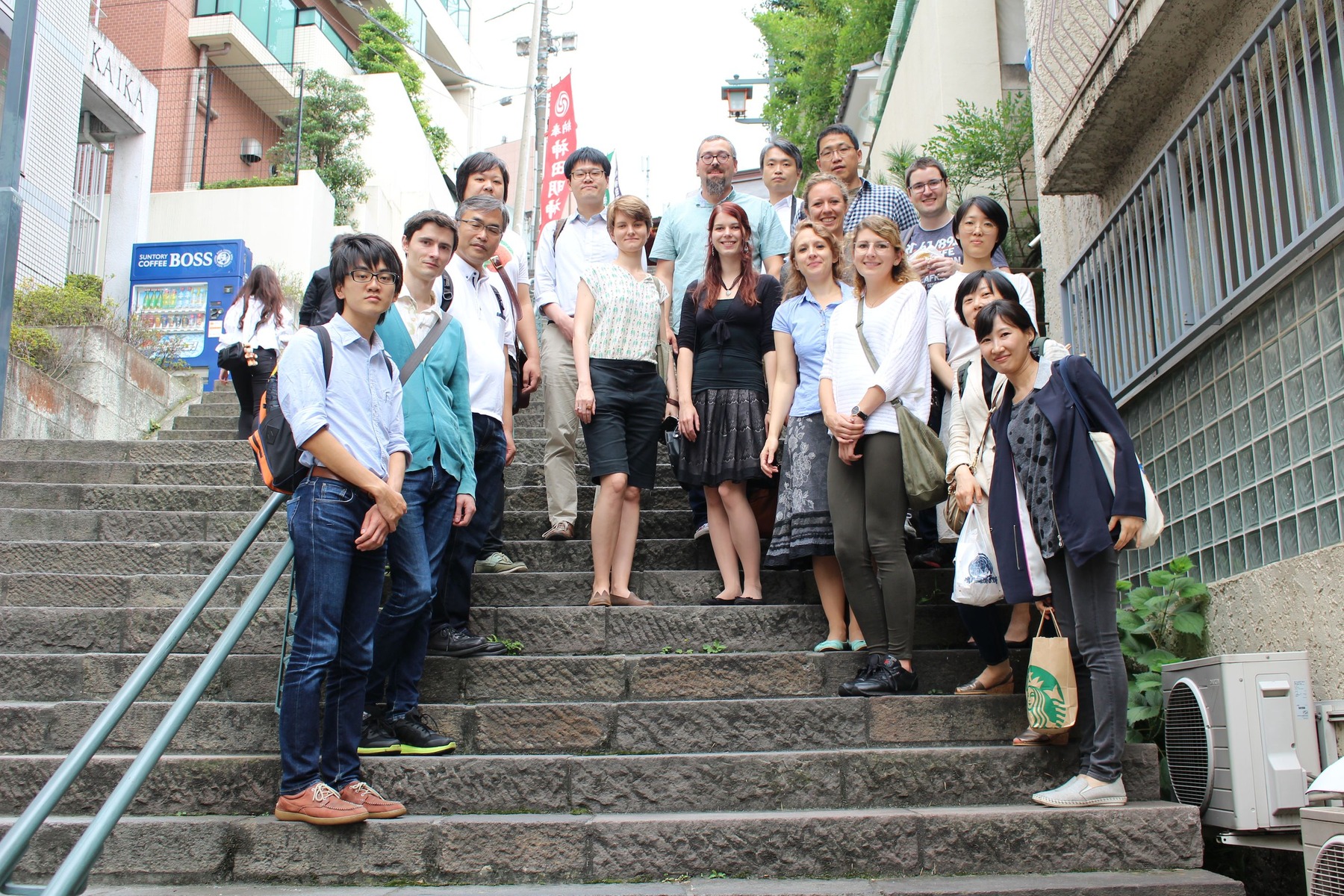
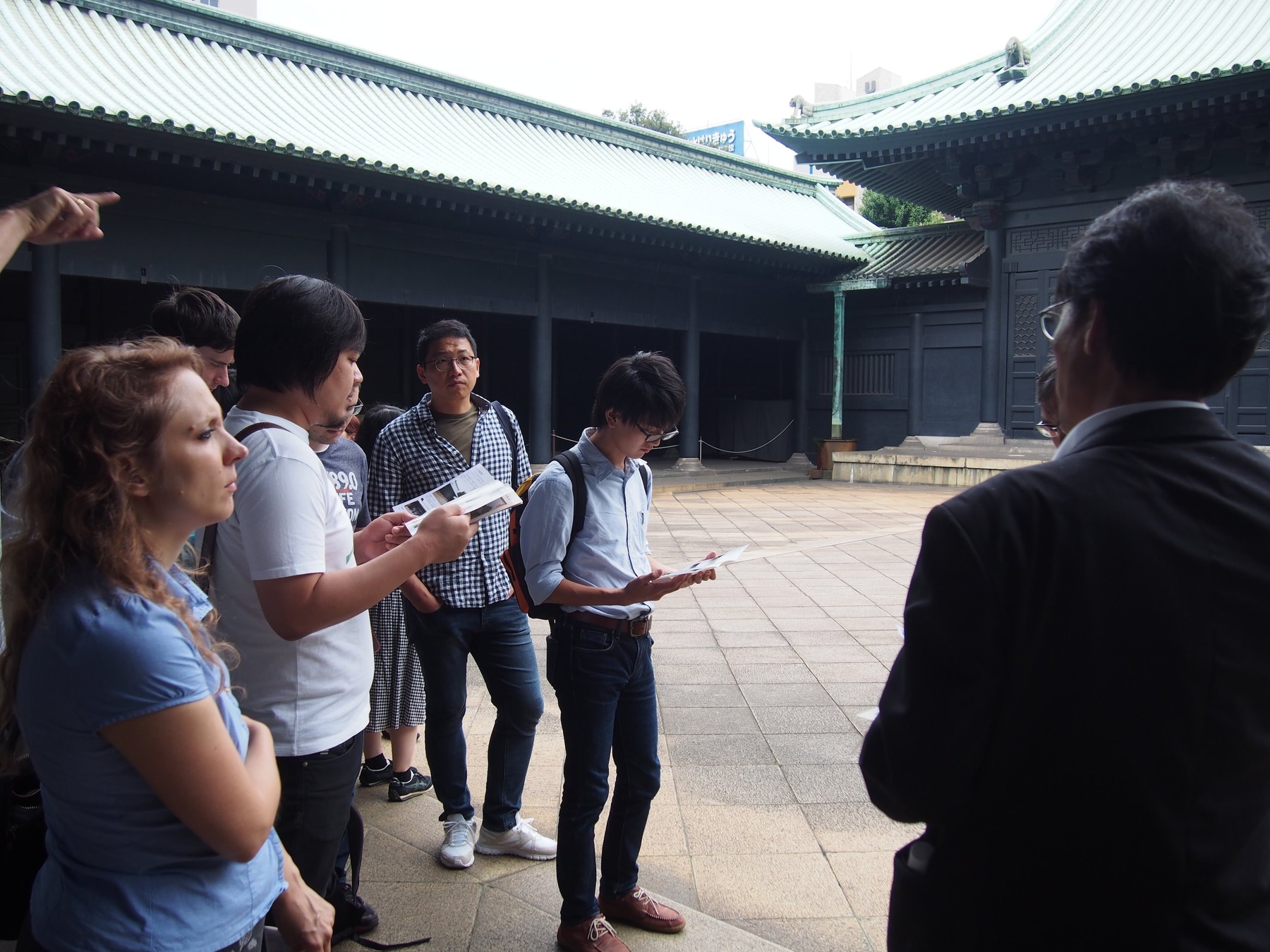
report date : October 3, 2017


